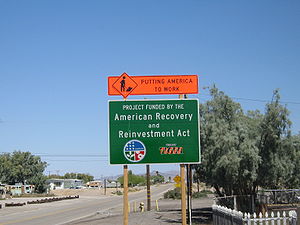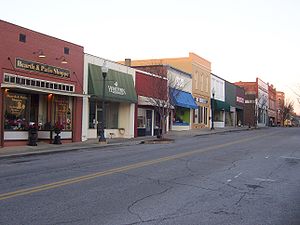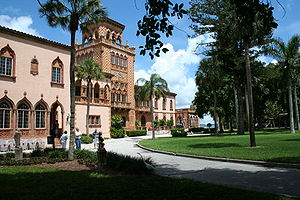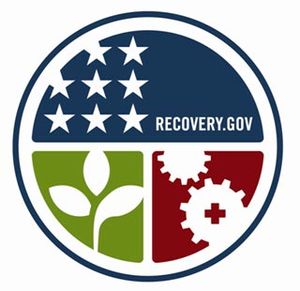Publish By Consensus
Articles like the one below flooded the media this week when the FCC released its’ “Broadband Performance: OBI Technical Paper No. 4.” All of the articles jumped on the headline that users were actually receiving half the bandwidth that the carriers were purchasing which implied that consumers were being cheated by carriers. Even the typically conscientious ARS Technia jumped on this headline (or SEO) grabbing theme/meme. Some of the articles took the time to extract from the report that the reasons for speed variations could be due to a multitude of factors such as user network, other Internet, and server delays, but many of them stuck with the prevailing theme. The technical press seem bent on pressing the meme that “carriers are evil and we need the government’s regulation to save us.” While I would be the first to chastise a carrier that was not providing what I purchased, my experience is that the transport usually lives up to the advertised speeds. Remember too that there is always the obligatory “up to” qualifier on the speeds as well. If I have any complaint with the incumbent ISP is that the price per bit is too expensive.
Continue reading










